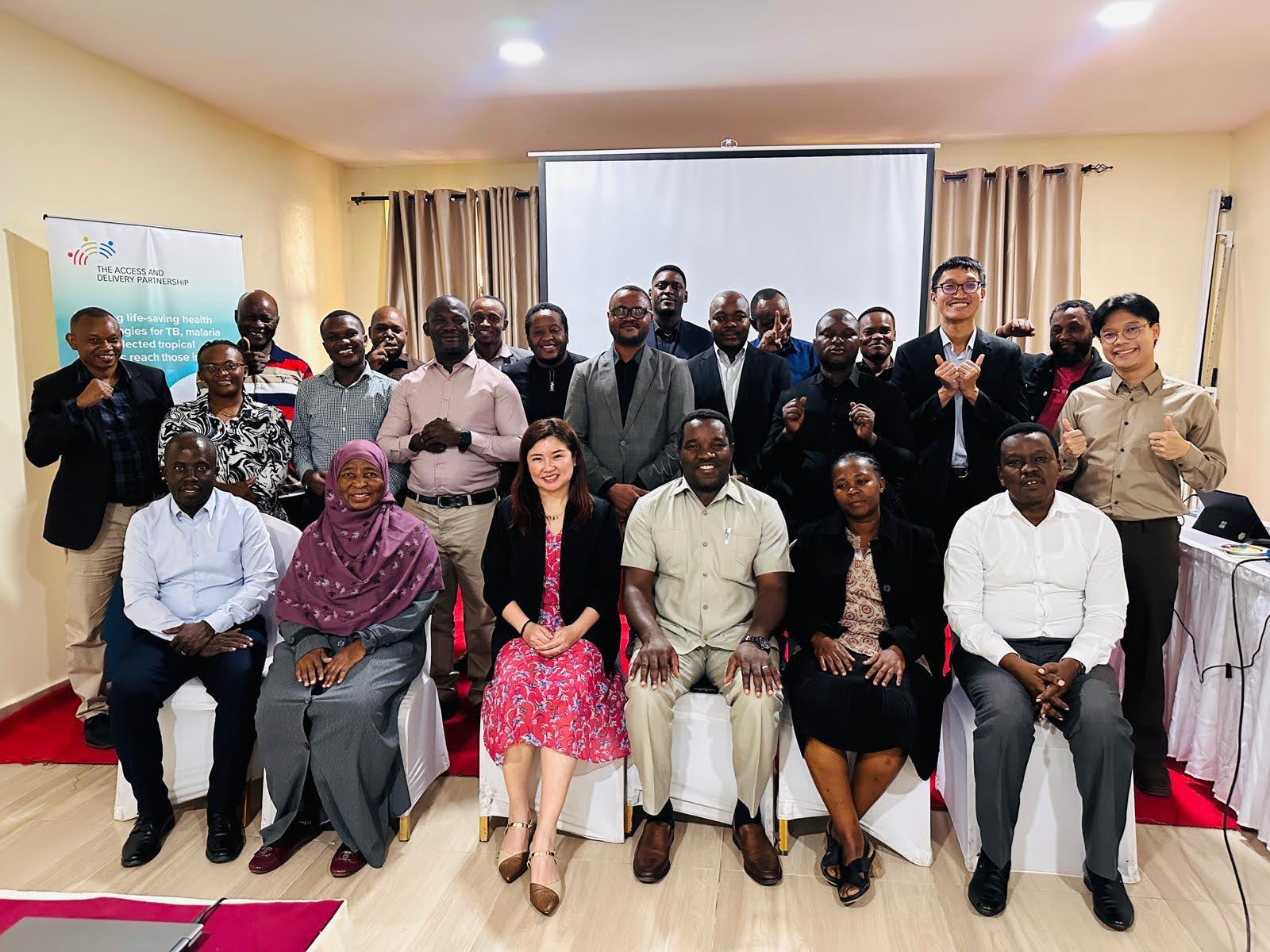
MEETING: Ifakara joins partners at national meeting for child health study

On May 8, 2025, the Ifakara Health Institute, represented by Dr. Fatuma Manzi, Principal Scientist, participated in a protocol review meeting organized by the National Institute for Medical Research (NIMR).
The meeting focused on the economic evaluation of paediatric praziquantel (Arpraziquantel) delivery in Tanzania. This special version of medicine is used to treat schistosomiasis – a disease caused by parasitic worms. The version is made specifically for young children, so it’s easier for them to take—often in the form of smaller, easier-to-swallow tablets or ones that taste better.
The meeting brought together high-level stakeholders from the Ministry of Health, Medical Stores Department (MSD), President’s Office - Regional Administration and Local Government (PORALG), the Neglected Tropical Diseases (NTD) Program, and the Tanzania Medicines and Medical Devices Authority (TMDA).
Meeting objectives
The objective was to review and provide expert input on the nested costing study titled: “Economic Evaluation of Arpraziquantel for Pre-School Children for Schistosomiasis in Tanzania (Eco-ArPZQ Study).”
This study is part of a broader research project, “Investigating the Effectiveness, Feasibility, Acceptability and Cost of Integrated Delivery Models for Paediatric Praziquantel in Tanzania (STEPPS Project),” led by Dr. Paul Erasto Kazyoba.
Meeting objectives
The main objective of the meeting was to assess the effectiveness of two delivery models—Test and Treat (TaT) and Mass Drug Administration (MDA)—in increasing coverage of Arpraziquantel among children aged 24 to 59 months in Itilima (Simiyu Region), Kigoma (Kigoma Region), and Sengerema District Council (Mwanza Region).
Specific objectives included evaluating the effectiveness of the CASA strategy in raising community awareness about paediatric schistosomiasis and Arpraziquantel utilization through both TaT and MDA models; assessing the feasibility and acceptability of integrating Arpraziquantel delivery into routine healthcare services (TaT strategy) versus MDA campaigns; and determining the cost of delivering Arpraziquantel through both strategies and implementing the CASA awareness approach.
Key recommendations
Key recommendations for improving the study protocol included tailoring evidence and interventions to the Tanzanian context to ensure greater relevance and effectiveness; emphasizing the need for robust economic evaluations to support policy-level interest and justify intervention adoption; and strengthening collaboration with regional and district-level stakeholders to enhance the applicability and uptake of findings.
